You're Always At Home With Refind Realty.
Serving Your DFW Real Estate Needs Since 2005.
We Help You Buy and Sell in The Greater Dallas-Fort Worth Area.
Check Out Our Social Media Channels!
Buying in DFW
Buying your first or next home should be a rewarding and exciting time in your life, and one that you look back on with fond memories.
Thinking Of selling?
The market has changed a lot and I'd love to show you the exact strategy I use to get sellers in DFW top dollar for their property.
Get Pre-Approved
Let me walk you through the entire pre-approval process so you know exactly how much home you can afford.
We Help You Buy and Sell in The Greater Dallas-Fort Worth Area.
Check Out Our Social Media Channels!
Sign Up For my
Email List
My emails are a great way to stay up-to-date with local news and real estate market trends, even if you're not currently in the market. So, come on and join me to stay in the loop!
affordability Calculator
Get pre-approved to know exactly how much house you can afford. Use this calculator to get a quick estimate. Contact me for assistance!
DFW New Construction
Discover the latest new home constructions in DFW and take advantage of the builder incentives that are available now.
Let's Make Your real estate Dreams Come True.
Newest Listings
Call Me Today At (713) 505-2280

Refind Realty Blog:


The Empty Nester's Guide to DFW Real Estate in 2025
The Empty Nester's Guide to DFW Real Estate in 2025
Custom HTML/CSS/JAVASCRIPT
By Steven J. Thomas

The kids are grown and out of the house. For many empty nesters in Dallas–Fort Worth, this is a moment of opportunity. It's time to trade in that large family home for something that better fits your lifestyle. This guide is designed to help you navigate the DFW real estate market in 2025, from finding the perfect, low-maintenance home to making a seamless transition.
Direct Answer
The best neighborhoods for empty nesters in Dallas–Fort Worth in 2025 are often found in cities like Grapevine, Southlake, and McKinney. These areas offer a combination of lock-and-leave townhomes, single-story homes, and active adult communities with amenities like golf courses and walking trails. Many empty nesters are downsizing for a simpler life, and the current market offers more inventory and negotiating power to make that happen.
Neighborhood Spotlights: The Best of DFW for Empty Nesters
Grapevine
Known for its charming historic downtown, beautiful lake, and a huge variety of dining and entertainment options. Empty nesters appreciate the lively community atmosphere and the convenience of being centrally located between Dallas and Fort Worth.
Southlake
A more upscale option, Southlake is a top choice for those seeking luxury, low-maintenance homes, and a high-end lifestyle. It's safe, and the proximity to DFW Airport makes it ideal for frequent travelers.
McKinney
With its award-winning historic downtown and abundance of new-construction 55+ communities, McKinney offers a perfect blend of charm and modern amenities. Residents enjoy a vibrant arts scene and plenty of parks and trails.
💡 Pro Tip: Look for neighborhoods with strong HOA management that handles exterior maintenance. This allows you to focus on travel and hobbies instead of yard work.
Local Market Trends (Fall 2025)
As of September 2025, the DFW market is shifting, which is great news for sellers who are downsizing.
Median Home Price: About $421,500 (down 1.2% year-over-year).
Average Days on Market: 38 days.
Inventory: 3.1 months of supply.
Mortgage Rates: Around 6.3% (30-year fixed, weekly).
📊 What This Means for You: You have a strong position as a seller of a larger family home. The demand for well-located family homes is still high, which means you can likely sell quickly and for a good price. The increased inventory in smaller, low-maintenance properties means you'll have more options for your next home, and potentially more room to negotiate.
Cost Breakdown for Empty Nesters
Selling Costs: Closing costs on the sale of your current home are typically 2–4% of the sale price.
HOA Dues: Townhome or 55+ communities may charge $200–$500+ per month, often covering landscaping, trash, and amenities.
Taxes: Compare property tax rates—moving from a higher-tax area to a lower-tax one can provide significant savings.
Builder & Community Insights
Many of DFW's top builders, including Del Webb and Coventry Homes, specialize in homes and communities designed for empty nesters. These properties often feature:
Single-story floor plans
Low-maintenance yards
Resort-style amenities like clubhouses, pools, and pickleball courts
Energy-efficient features and modern smart-home technology
We have strong relationships with these builders and can help you secure the best incentives. Explore your options with our New Construction Rebate Program.
Financing & Incentives That Help Empty Nesters
Cash Buyer: Selling your current home can often make you a cash buyer, giving you a major advantage in competitive situations.
Bridge Loan: This allows you to purchase your new home before selling your old one, providing flexibility without the pressure of a quick sale.
Builder Incentives: New construction is a great option, with builders offering significant closing cost credits and rate buydowns.
Conclusion
Downsizing as an empty nester in DFW is a smart financial and lifestyle move in 2025. With a favorable market for selling your current home and a great selection of low-maintenance properties to buy, you can truly start your next chapter. From the vibrant life in Grapevine to the peaceful retreat in McKinney, your perfect home is waiting.
Key Takeaways
The market is favorable for selling a larger home and buying a smaller one.
Look for low-maintenance features and strong HOA communities.
Grapevine, Southlake, and McKinney are great places to start your search.
New construction offers floor plans and incentives tailored for empty nesters.
Consider a cash offer or bridge loan to simplify the transition.
FAQ: Downsizing in DFW as an Empty Nester
What is the best type of home for an empty nester in DFW?
Many empty nesters prefer single-story homes or townhomes with low-maintenance exteriors.
Are there active adult communities in DFW?
Yes, cities like McKinney and Frisco have many new 55+ communities with extensive amenities like clubhouses, fitness centers, and social clubs.
How do I handle the logistics of selling and buying at the same time?
Working with an agent who specializes in these transitions is key. A bridge loan or a flexible closing date can also help.
What should I look for in an HOA?
Ensure the HOA is well-managed and the fees cover services that are important to you, like landscaping, security, and amenity upkeep.
Is it a good time to sell a larger home?
Yes, demand for family homes remains strong, and the low inventory of smaller homes means you can buy into your next chapter with confidence.
Stay Informed With My Downloadable
Buyer and Seller guides
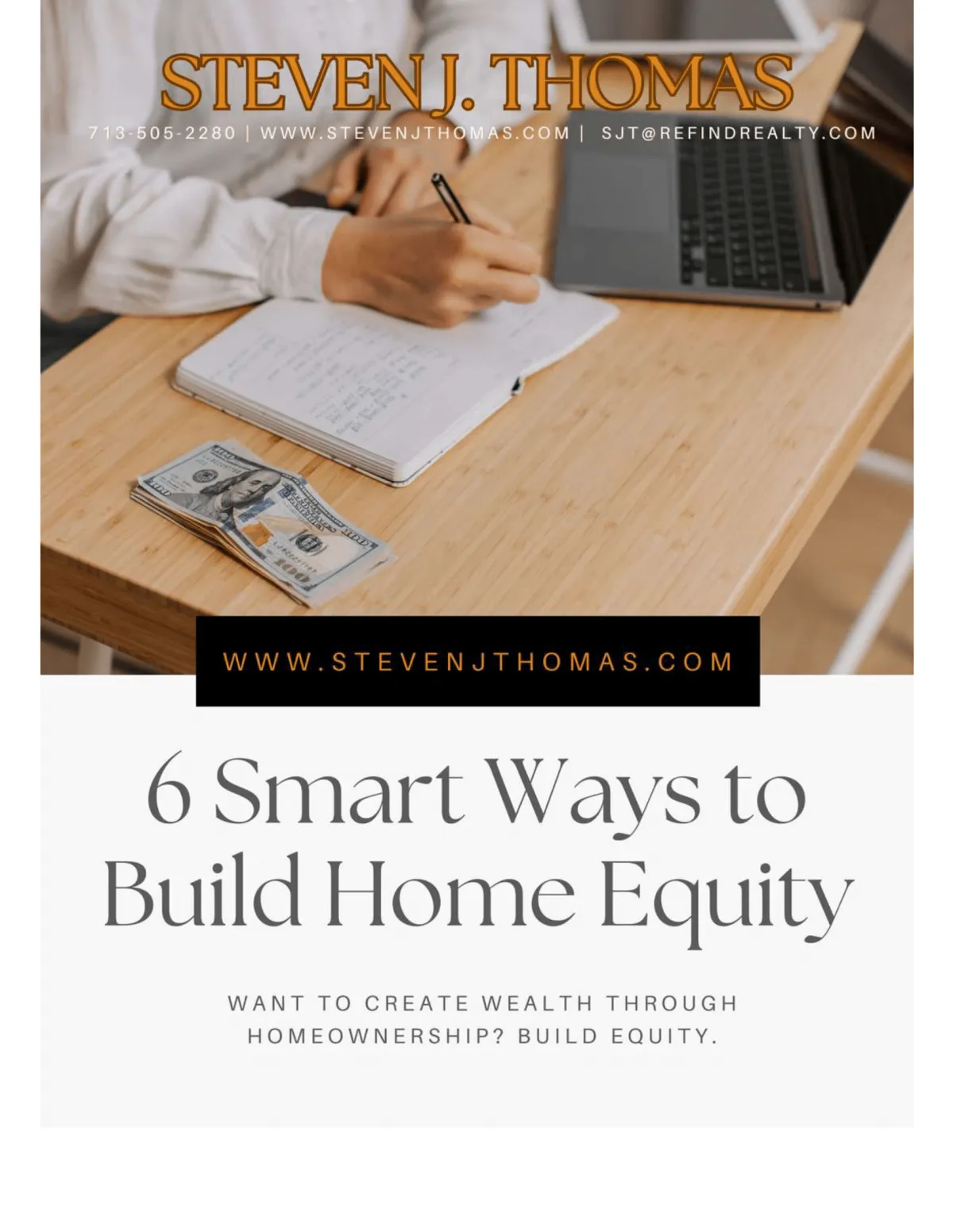
6 Smart Ways to Build Home Equity

7 Insider Secrets To Selling Your Home w/o a Lot of Time or Money

DFW Home Seller Negotiation Secrets
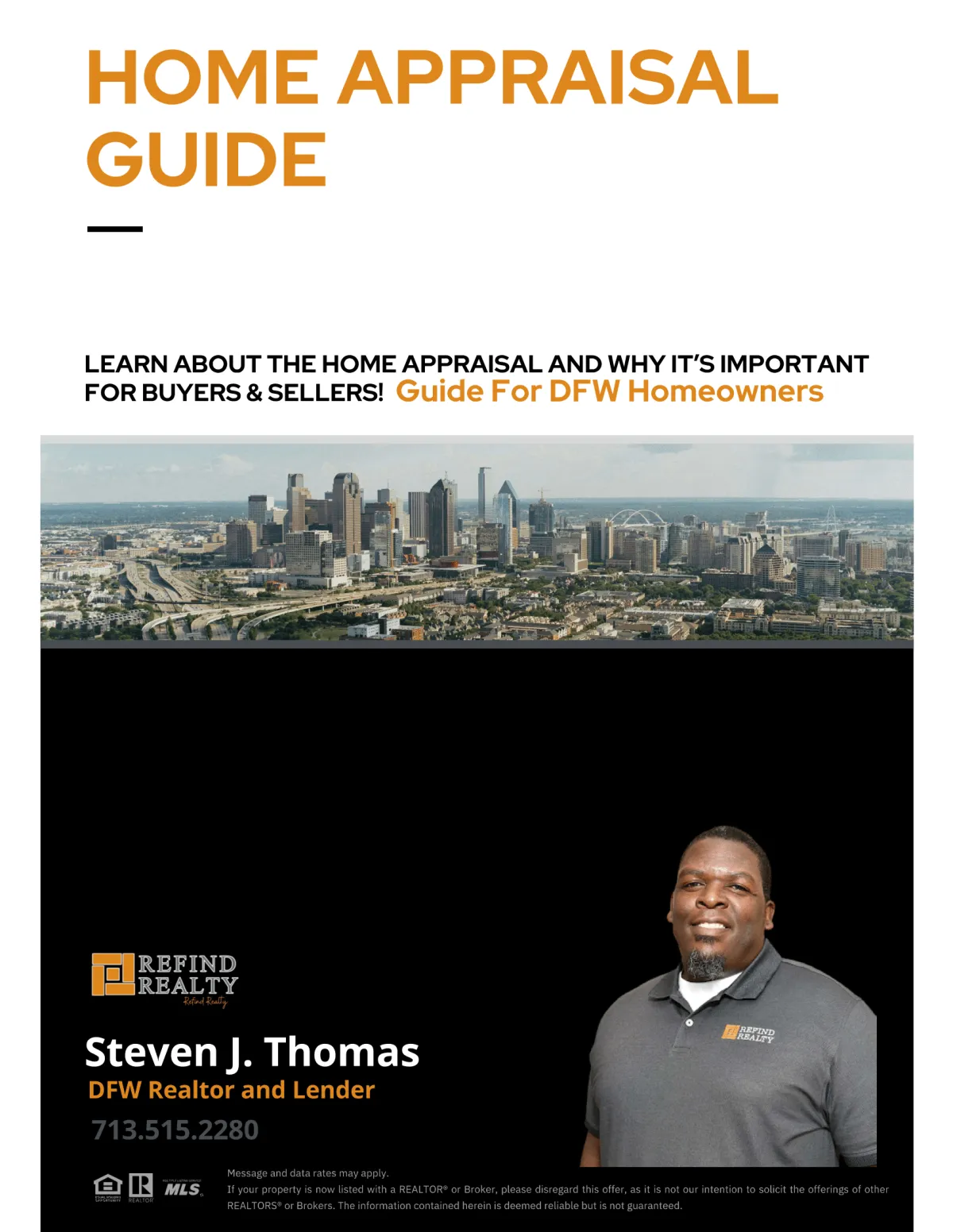
Home Appraisals Guide

Avoiding Pitfalls That Can Derail Your Home's Sale
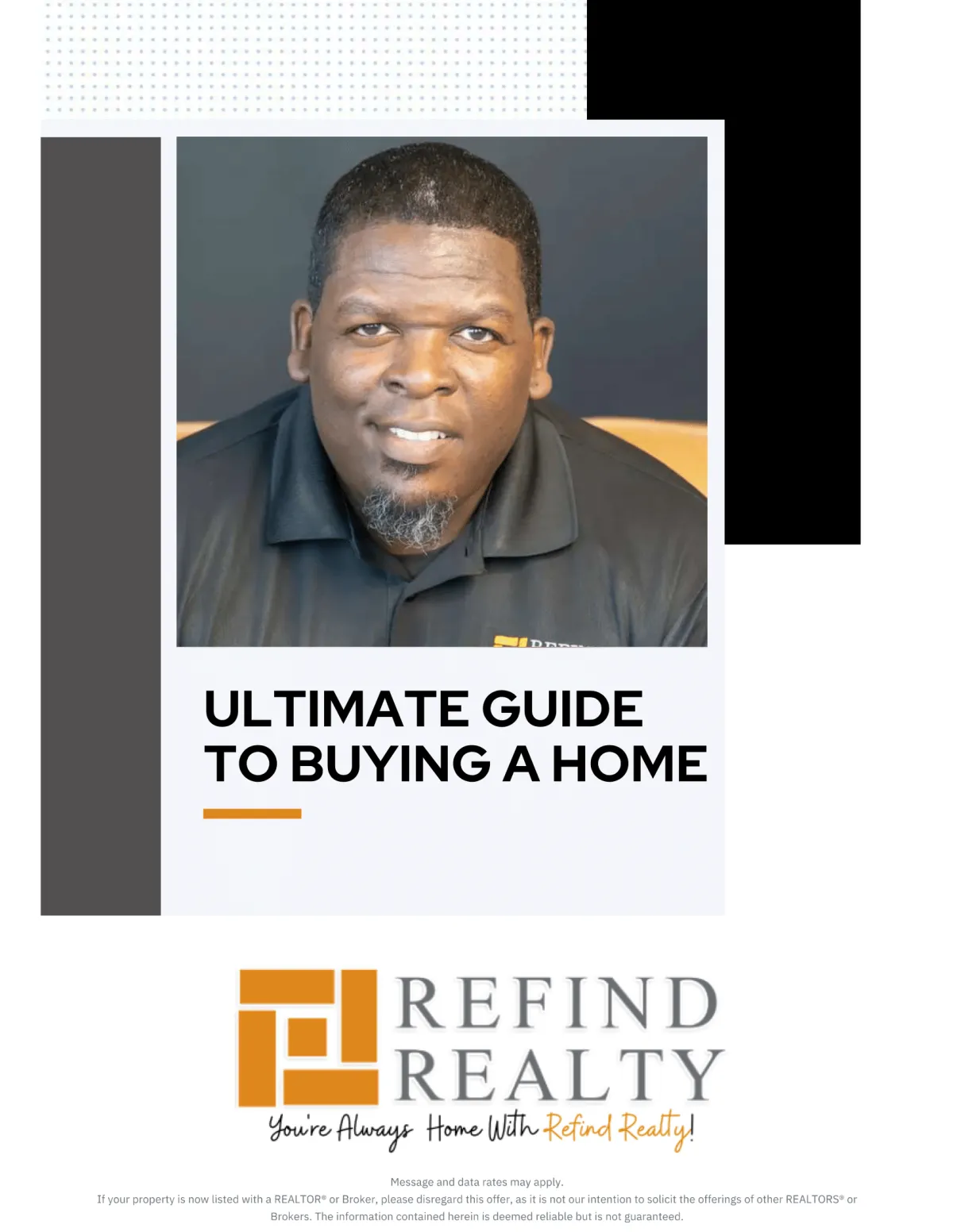
Ultimate Guide To Buying a Home

A First Time Homebuyers Guide In DFW

Are You Ready To Buy?

25 Insider Secrets To Buying A Home

How to Improve Your Credit
Download All My Guides For Free
Unable to find form
(I'll send you all 10)
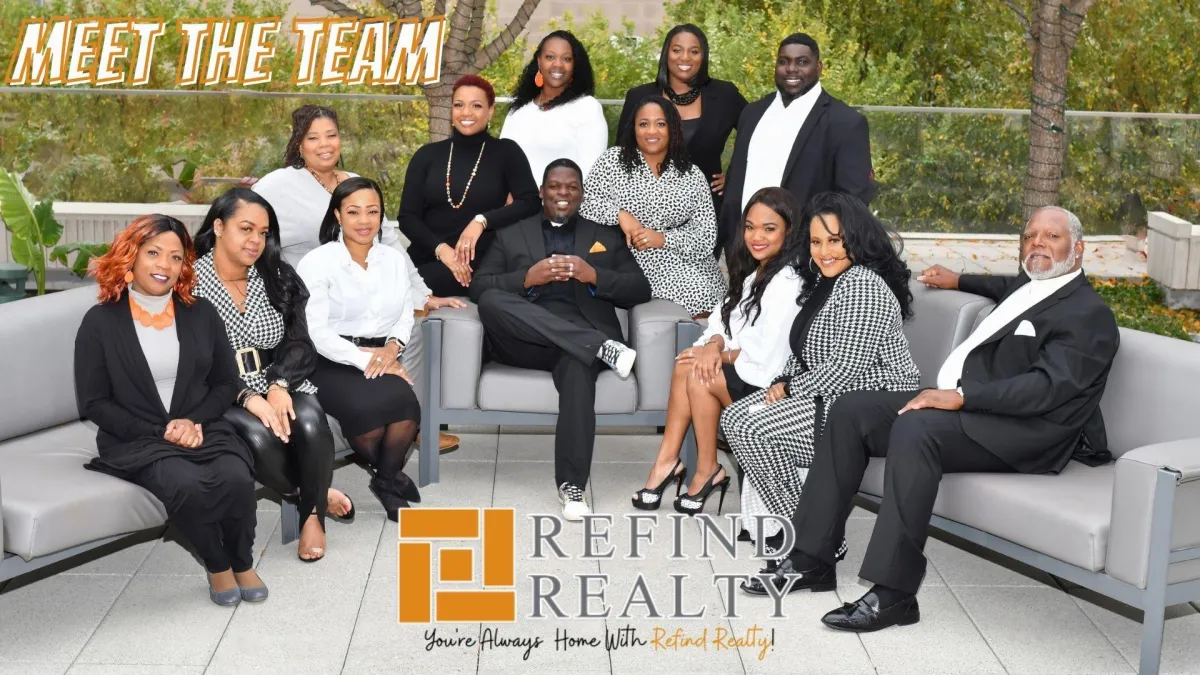
Refind Realty DFW
50+ 5 Star Reviews
Over $90,000,000 in Total Real Estate Sales
267+ Properties Sold

Wondering What Your DFW Home Could Be Worth in 2024?
Get a Professional Home Valuation From A Local Market Expert
Unlock insights into potential selling prices.
Get a personalized analysis sent directly to your inbox.
Stay ahead with updates on property value fluctuations.
Benchmark your property against neighborhood listings.
Get a FREE Home Valuation And Potential Net Sheet:
Unable to find form


Mr. Thomas real-estate company performed a outstanding job handling my transaction in buying my beautiful new home. I would recommend him to all my family and friends in the future.
{user.name}}


Steven was very knowledgeable about the questions I had and very attentive to my needs and wants of buying a house. His approach was as if he was buying the house for himself. That led me to trust his knowledge and expertise. Thomas for your next purchase of a home. He also worked with me every step of the process and helped me to understand and that made it less stressful In buying a home. I highly recommend Refind Realty and Steven On your first or next purchase. I start 2024 with a new build house with equity going in the door. Thank you Steven
{{user.name}}


Steve did a great job helping during this journey he was very communicative with everything and his response time was very quick every time we had a question. I really recommend him and his office to everyone who want any real state services.
{{user.name}}

Ask Us Anything
Frequently Asked Questions
Why do you need a Realtor?
When buying or selling a home, there are so many options…which can also present a lot of obstacles. Laws change, forms change, and practices change all the time in the real estate industry. Because it’s our job to stay on top of those things, hiring a realtor reduces risk, and can also save you a lot of money in the long run.
When you work with me as your Realtor, you’re getting an expert who knows the area; knows how to skillfully guide your experience as a seller or buyer; can easily spot the difference between a good deal and a great deal. My job is to translate your dream into a real estate reality, and I work hard to earn and keep my business. This also means earning your trust: When you work with me, you’ll be working with a realtor who looks out for your best interests and is invested in your goals.
Which loan should you choose?
There are two different types of loans conventional loans and government-backed loans. The main difference is who insures these loans:
1 - Government-backed loans (FHA, VA and USDA):
(a) - Are, unsurprisingly, backed by the government.
(b) - Include FHA loans, VA loans, and USDA loans.
(c) - Make up less than 40 percent of the home loans generated in the U.S. each year.
2 - Conventional loans
(a) - Are not backed by the government.
(b) - Include conforming and non-conforming loans (such as jumbo loans).
(c) - Make up more than 60 percent of the loans generated in the U.S. each year.
What is the difference between FHA, VA and USDA loans?
1 - FHA LOANS:
FHA loans, which are insured by the Federal Housing Administration, are typically designed to meet the needs of first-time homebuyers with low or moderate incomes. FHA loans can be approved with a down payment of as little as 3.5 percent and a credit score as low as 580.
FHA loans are often called “helper loans,” because they give a leg up to potential borrowers who may not be able to secure one otherwise. For this reason, FHA loans have maximum lending limits, which are determined based on housing values for the county where the for-sale home is located.
Because the agency is taking on more risk by insuring FHA loans, the borrower is expected to pay mortgage insurance both at the time of closing and on a monthly basis, and the property must be owner-occupied.
2 - VA LOANS:
VA loans are backed by the Department of Veterans Affairs and they are guaranteed to qualified veterans and active-duty personnel and their spouses. VA loans can be approved with 100 percent financing, meaning VA borrowers are not required to make a down payment.
Unlike FHA loans, borrowers do not have to pay mortgage insurance on VA loans.
3 - USDA LOANS:
You may also hear about USDA loans, which are backed by the United States Department of Agriculture mortgage program. USDA loans are intended to support homeowners who purchase homes in rural and some suburban areas. USDA loans do not require a down payment and may offer lower interest rates; borrowers may have to pay a small mortgage insurance premium in order to offset the lender’s risk.
What’s a conventional loan? Understanding what it means to be conforming and non-conforming
Buyers who have a more established credit history and a larger down payment may prefer to apply for a conventional loan. These loans may offer a lower interest rate and only require the home buyer to purchase monthly mortgage insurance while the loan-to-value ratio is above a certain percentage, so a conventional loan borrower can typically save money in the long run.
Conventional loans are divided into two types: Conforming loans and non-conforming loans.
1 - CONFORMING LOANS:
Conforming loans are those that meet (or conform to) predetermined standards set by Fannie Mae and Freddie Mac — two government-sponsored institutions that buy and sell mortgages on the secondary market. By selling the loans to "Fannie and Freddie," lenders can free up their capital and return to issue more mortgages than if they had to personally back every loan that they approve.
The main standard for conforming loans is that the amount borrowed must be under a certain amount; in Alaska, a single-family home loan must be under $647,200 in order to be considered conforming.
Properties with more than one unit have higher limits.
2 - NON-CONFORMING (JUMBO) LOANS:
But what happens if a borrower wants to borrow more than the Freddie- and Fannie-approved loan amount? In this case, they would have to apply for a “jumbo loan,” which is the most common type of non-conforming loan.
Because the lender cannot resell the jumbo loan (or any non-conforming loan) to Freddie Mac or Fannie Mae, jumbo loans are considered to be riskier than a conforming loan. To protect against this risk, the bank will typically require a higher down payment; the interest rate on a jumbo loan may also be higher than if the same borrower applied for a conforming loan.
What kind of rate should you choose?
Rate types: Fixed-rate vs. adjustable-rate mortgages.
In addition to the loan type you choose, you’ll also have to determine if you want a fixed-rate mortgage or an adjustable-rate mortgage (ARM). A fixed-rate mortgage has an interest rate that does not change for the life of the loan, so it provides predictable monthly payments of principal and interest.
An adjustable-rate mortgage typically offers an initial introductory period with a low-interest rate. Once this period is over, the interest rate adjusts periodically, based on the market index. The initial interest rate on an ARM can sometimes be locked in for different periods, such as one, three, five, seven, or 10 years. Once the introductory period is over, the interest rate typically readjusts annually.
Office 1229 E. Pleasant Run Ste 224, DeSoto TX 75115
Call :(713) 505-2280
Email: [email protected]
Site: www.stevenjthomas.com
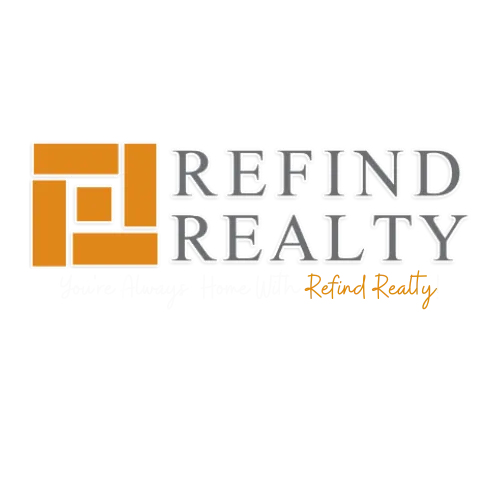

Facebook
Instagram
X
LinkedIn
Youtube
TikTok